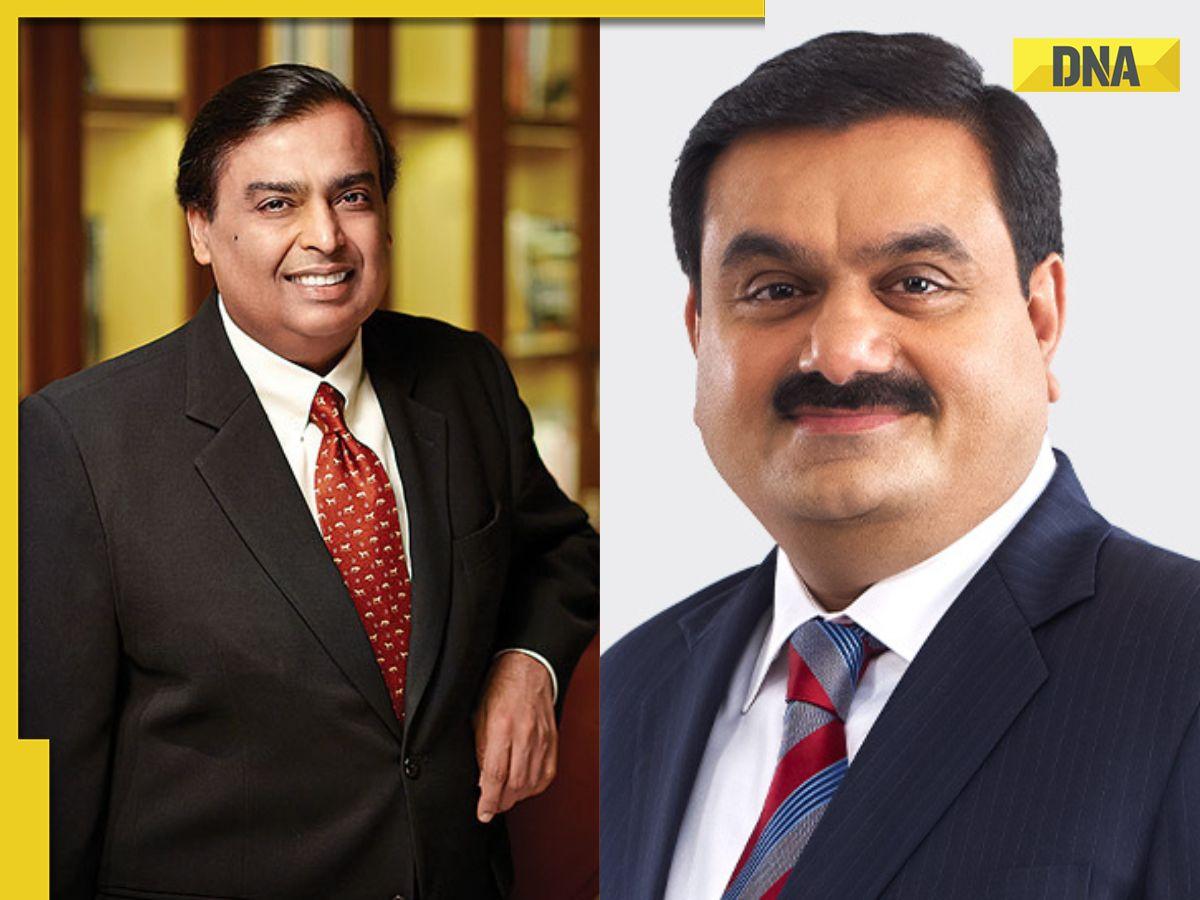
In a momentous observation concerning India’s fiscal future, Gautam Sen, a distinguished political economist, posited that the introduction of a wealth tax in India, as proposed, may set off a chain of events leading to a mass exodus of the country’s ultra-wealthy to locales like Dubai. This remark arrives amid ongoing discussions around fiscal policy and wealth redistribution within the nation.
Sen, whose credentials include tenures at the London School of Economics and consultancies at the UNDP and the Indo-UK Roundtable, recently shared his insight in an exclusive interview with a news agency. He articulated that industrial magnates, notably the Ambanis, the Adanis, the Mahindras, and the Tatas, might seek refuge in tax havens where their wealth would be sheltered from India’s tax regime. Dubai, already a preferred destination for India’s affluent partly due to its absence of income tax, might attract the relocation of these business tycoons’ operations.
“The billionaire class, which I presume does not exceed 500 individuals, will emigrate, re-register their businesses in UAE, and thereby, India will be deprived of significant wealth,” Sen mentioned. The crux of the issue, according to Sen, lies in the potential loss of personal taxes and other forms of wealth, as corporate taxes would ostensibly remain the only source of revenue from such relocated ventures.
Comparing the situation with historical precedents, Sen cited Sweden’s repeal of its inheritance tax, which once instituted, convinced affluent Swedes, including IKEA’s owner, to migrate. The tax’s subsequent removal saw a resurgence of wealth and economic revitalization, seemingly buttressing Sen’s argument against wealth and inheritance taxes as mechanisms of economic redistribution.
Sen outlined the stark difference between the structural landscapes of India and the United States, dispelling parallels drawn between the two nations’ approaches to inheritance taxes. He pointed out crucial advancements in the welfare of rural and impoverished Indians over the past decade and stressed the impracticality of a comprehensive survey of all households and businesses as suggested by the Congress party.
The economic tapestry Sen painted highlighted that a minuscule fraction of the Indian population pays personal income tax. He elaborated on the disproportionate effects an inheritance tax would have on small-scale entrepreneurs, stating, “Liquidating businesses of local shopkeepers, repair shops, etc., to extract the wealth from the few will not only stagnate the economy but adversely hit India’s largest employment sector outside agriculture.”
Further delving into the practicality of implementing such a tax, Sen shared skepticism about the feasibility of tax inspectors conducting exhaustive surveys, an exercise he deems unviable. Instead, Sen spotlighted actionable initiatives like infrastructure development that have tangibly improved living standards, lauding the current government’s efforts under Prime Minister Narendra Modi’s leadership.
Amidst discussion of wealth inequality and economic growth, Sen acknowledged that while certain sectors may benefit disproportionately in the initial phases of growth, the eventual redistribution of relative incomes and stabilization of the economy will correct such disparities. He emphasized the crucial improvements in the poorest populations’ well-being, advocating for a focus on raising absolute living standards rather than fleeting relative inequalities.
Voicing concerns over geopolitical stability, Sen warned against the provocative potential of an inheritance tax, which could invite social upheaval and external military meddling, specifically pointing to the strategic tensions with China. Sustaining a tone of optimism about India’s economic trajectory, he concluded with an emphasis on the necessity for stable governance to maintain and leverage the nation’s status as the world’s fastest-growing major economy.
This unfolding debate highlights the complex interplay of taxation, economic policies, and their broader societal impacts, crucial matters that the Indian government, thought leaders, and its citizens must navigate with foresight and pragmatism.
(Essentially derived from an interview by an ANI correspondent, this news piece captures Sen’s perspective without further editing by DNA staff.)












